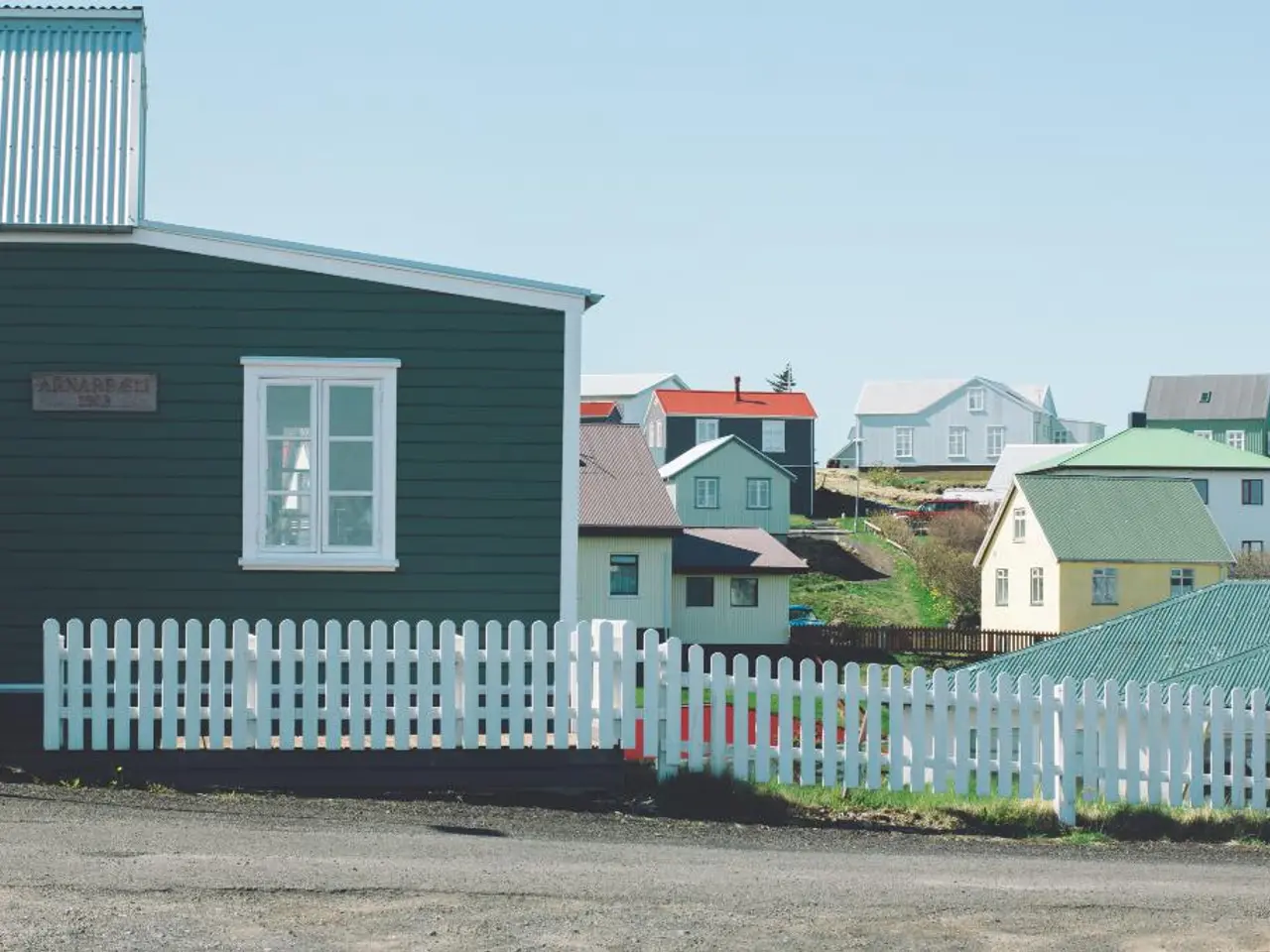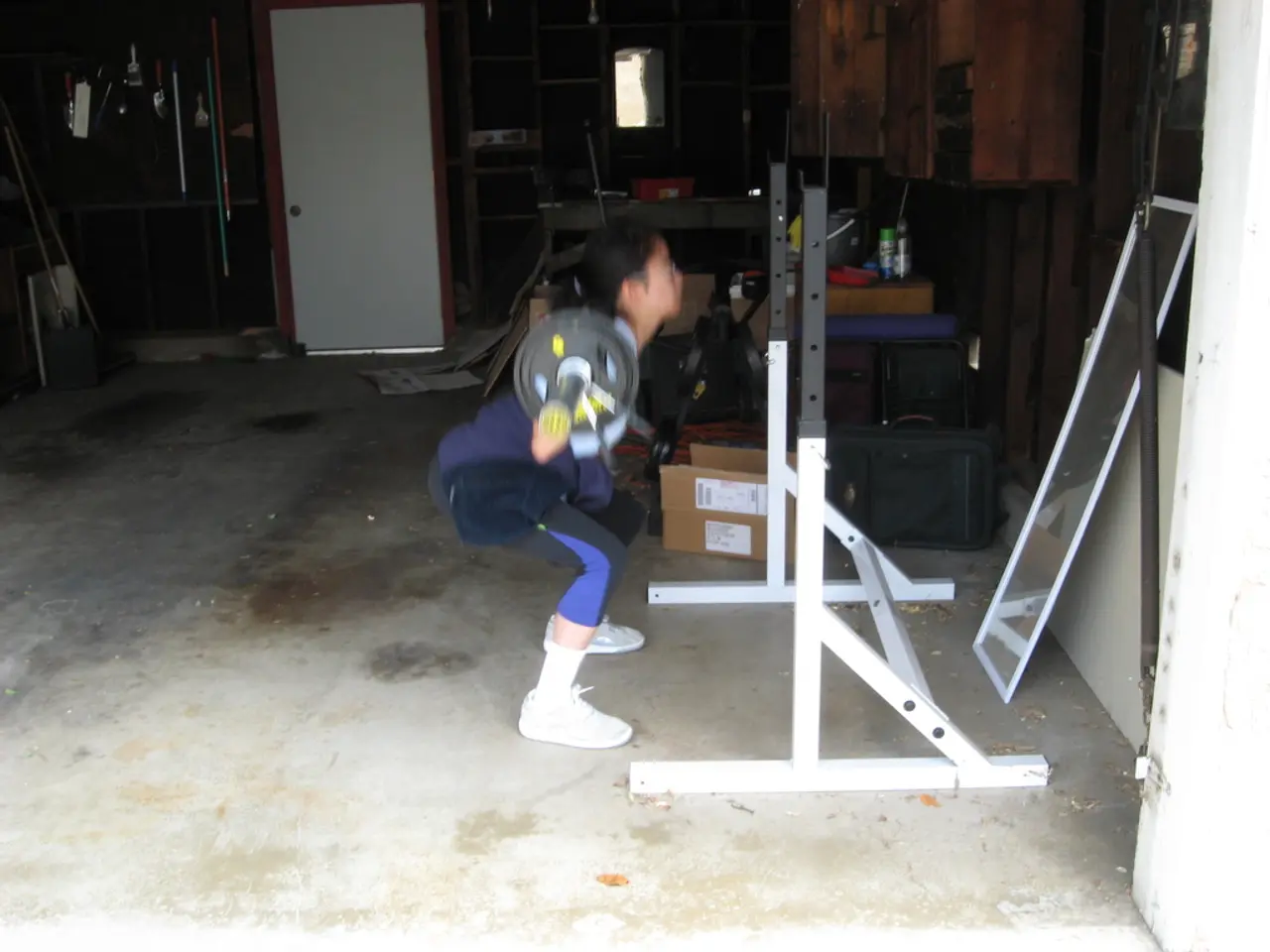Changes in land tax legislation and its impact on agricultural cooperatives
Increased Property Tax Burden for Karlsruhe's Gardenstadt eG
The property tax reform in Germany has led to a significant increase in the tax liability for Gardenstadt eG, a housing cooperative in Karlsruhe. According to recent reports, the tax burden for Gardenstadt eG has increased tenfold, from 274,000 euros last year to an estimated 642,000 euros this year.
This increase is particularly noticeable for cooperative members living in row houses with 70 square meters of living space and 280 square meters of plot, as their property tax burden has risen from 36 euros to 426 euros. This increase could pose a challenge for the cooperative, as the additional tax burden of around 200,000 euros per year may impact maintenance and modernization efforts in the future.
The Association of Baden-Württemberg Housing and Real Estate Companies (VBW), which represents municipal housing companies and cooperatives, has expressed a calm outlook on the impact of the property tax reform. However, there is no survey among the member companies of VBW regarding the impact of the reform on cooperative housing, including Gardenstadt eG.
The property tax model in Baden-Württemberg primarily takes into account plot size, land value, and the municipal tax rate. In an effort to reduce the tax burden, the Karlsruhe Garden City Cooperative has commissioned individual appraisals for some plots.
The increase in property tax liability for Gardenstadt eG is not unique to the cooperative. A survey by the publisher of the tax software Wiso found an average increase of 81 percent for multi-family homes in the Southwest, and 121 percent for single-family homes. The new property tax model has led to a tax increase as much as in almost no other federal state, with an average additional burden of 107 percent in Baden-Württemberg.
Despite the challenges posed by the property tax reform, there are potential solutions for cooperative housing to reduce the tax burden. These include leveraging state and federal housing subsidies and grants, such as KfW loans and energy-efficiency grants, pursuing local tax relief measures, and implementing energy-efficient renovations to qualify for subsidy programs.
For more information, please contact Jürgen Schmidt at 0711 66601-147 or j.schmidt@our website. The chairman of the board of Gardenstadt eG is Christoph Walter.
[1] For more information on state and federal housing subsidies, please visit [link to relevant government website or subsidy programme information]. [2] For more information on recent political developments affecting housing and taxation in Karlsruhe, please visit [link to relevant news article or government website].
The property tax reform in Baden-Württemberg has resulted in a substantial increase in tax liability for Gardenstadt eG, causing concern for future maintenance and modernization efforts. Additionally, the surging property taxes could affect the living expenses of members residing in row houses, potentially influencing their participation in local sports clubs or community activities, given the weather conditions of Karlsruhe, which may require certain sports equipment or home improvement facilities.








